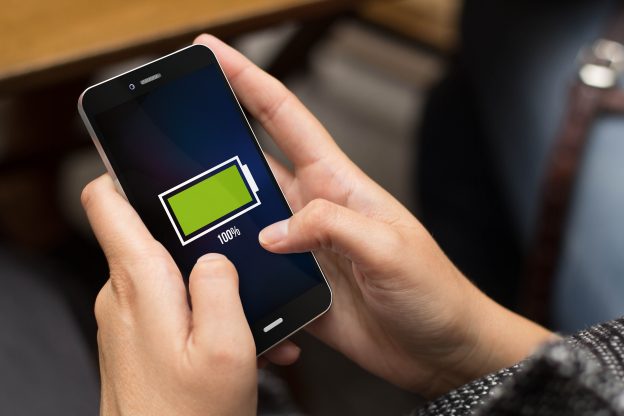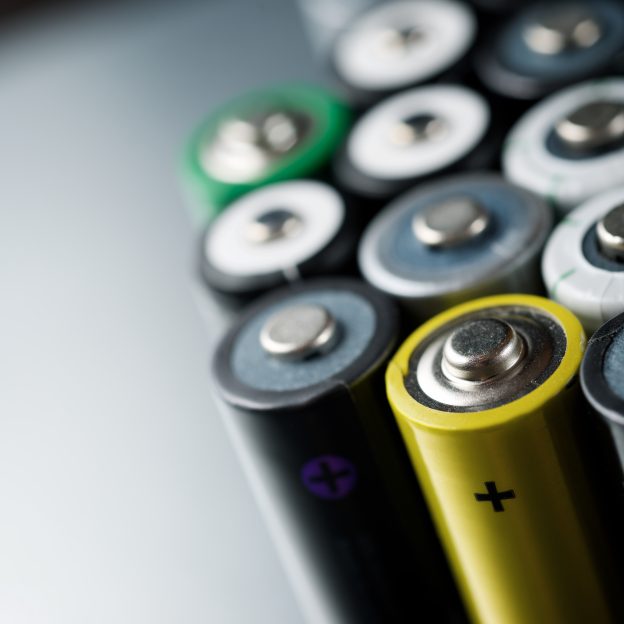Norway aims to become one of the leading battery storage markets in the Nordic region, but Sweden and Finland have already surpassed Norway in deploying battery storage systems.
Ten years ago, when Norwegian transmission system operator (TSO) Statnett announced that the country would become Europe's leading battery storage market, Europe had not yet deployed energy storage systems.
The energy storage systems owned by Europe at that time were mainly pumped storage power generation facilities, with a total installed capacity of nearly 3GW. These facilities were mainly distributed in countries such as the United Kingdom, Germany, and Norway.
Today, the installed capacity of battery energy storage systems operating in Europe has exceeded the 20GW mark, with the United Kingdom, Germany and Italy dominating the European energy storage market. However, even compared with its Nordic neighbors, Norway's battery energy storage market development is still unsatisfactory.
In Finland, the largest battery storage system is currently operating in Olkiluoto, and its development is rapid compared with the nuclear power plant operating at the same location. Finland is expected to operate more than 300MW of grid-scale battery energy storage systems in the next two years, according to data from LCPDelta's StoreTrack database. In addition, telecom operator Elisa also plans to install a 150MWh battery energy storage system at its site, which will further promote the development of the Finnish energy storage market.

However, Sweden is more prominent in the field of residential energy storage and has ambitious plans to deploy grid-scale battery energy storage systems. In 2024 alone, Sweden announced that it will operate approximately 400MW of energy storage systems, a number that far exceeds that of other Nordic countries.
It is worth noting that most battery energy storage systems operating in Sweden have a duration of 1 hour, and the business case is mainly focused on the ancillary services market

The Northvolt Ett battery production plant operated by Northvolt in Sweden is one of the first battery production plants in Europe, and the company is working with Volvo AG to build a second battery production plant in the country. Northvolt also established a long-term partnership with developer and optimizer Polarium in 2021 to provide efficient and reliable energy storage solutions for its telecom networks.
At the same time, Freyr's battery factory construction plan in Norway has been delayed as it awaits a response to the U.S. Inflation Reduction Act, which has affected the progress of its project to a certain extent. Morrow's battery factory is not expected to be operational before 2028, showing the company's cautious attitude in market expansion.
Polarium's business mainly focuses on industrial and residential energy storage, while the development of Sweden's grid-scale energy storage market is driven by Ingrid Capacity, which announced plans to deploy 400MW battery energy storage systems in Sweden in 2024. Other startups driving the country's energy storage industry include Flower Technologies, which recently acquired a 42.5MW battery storage system from OX2, and Optimiser Fever, which is backing a battery storage system operated by Conapto to participate in the frequency response market. .
Finnish start-ups are also showing strong momentum. CapaloAI leveraged its optimization capabilities in multiple markets to successfully improve the performance of Exilion's 6MW battery energy storage system. In Norway, although the energy storage market has long been dominated by pumped hydro generation facilities, startups like Enode are demonstrating a more extensive and innovative strategy. At the same time, Eco-Stor is focusing on the German energy storage market. The initiatives of these start-up companies not only promote energy technology innovation, but also inject new vitality into the development of green energy in Europe.
The participation of commercial and industrial players in the energy market has long been a feature of the Nordic market, where a partnership between Sympower and Sweden’s Vattenfall saw Arctic Paper become the first Frequency Control Response (FCR) service provider in 2020 supplier.
Residential customers also play an important role in the energy transition. Tibber has been providing Frequency Control Response (FCR) services since 2020 to provide clean electricity to household users. 1komma5 recently launched its unique dynamic pulse electricity price and optimization platform, which is designed to support the stable operation of the power grid through battery energy storage systems and provide cleaner and more efficient energy solutions for household users.
Nordic countries have been at the forefront of the world in residential heating and transportation electrification, and companies such as Kapacity are committed to promoting innovation and development in this field.
Investment in battery energy storage systems is being strongly driven by growing demand for ancillary services, particularly from a regulatory perspective. Swedish power system operator Svenska Kraftnät is committed to reaching its target capacity, but the need for fast frequency response becomes particularly urgent due to the low inertia characteristics of the grid in summer.
However, it is worth noting that market saturation may make the high prices that attract investment in battery storage systems and flexible generation facilities unsustainable. Nonetheless, as the demand for renewable energy generation increases, the need for flexible power supply increases simultaneously, and the installed capacity of deployed energy storage systems is growing at a faster rate.
At the same time, in the Nordic Balancing Model and the European Coupled Market, initiatives to share spare capacity among European countries will make more efficient use of energy storage systems and will reduce costs for energy storage system operators and consumers.
Lithium-ion battery energy storage systems are increasingly dominating the short-term flexibility market in Europe, where they are responding to the challenges of market saturation by adding more value to the electricity market.
Norway's pumped hydro generation facilities are more suitable for seasonal energy storage, and they have shown greater competitiveness in providing long-duration energy storage services. However, if Norway wants to achieve its goal of leading the European energy storage market, it needs to quickly promote the development of the country's energy storage market.
STOREtrack is Europe's leading energy storage project database, providing more resources for understanding the development trends of the European energy storage market. The database tracks energy storage deployment in 28 countries across Europe, detailing the participating companies and their roles behind each energy storage project, as well as the project’s technical details, key milestones, market segments and technology characteristics.
On the other hand, the FLEXtrack platform focuses on tracking and analyzing the value of the European flexibility market. The platform collects, organizes and purchases data, integrates it into data sets, and enables the data to be visually displayed and downloaded through a web-based interface, thus providing users with a convenient way to gain an in-depth understanding of the European energy storage market.
Source:https://mp.weixin.qq.com/s/Vk5YS34yda1PVPlILJuLpw







